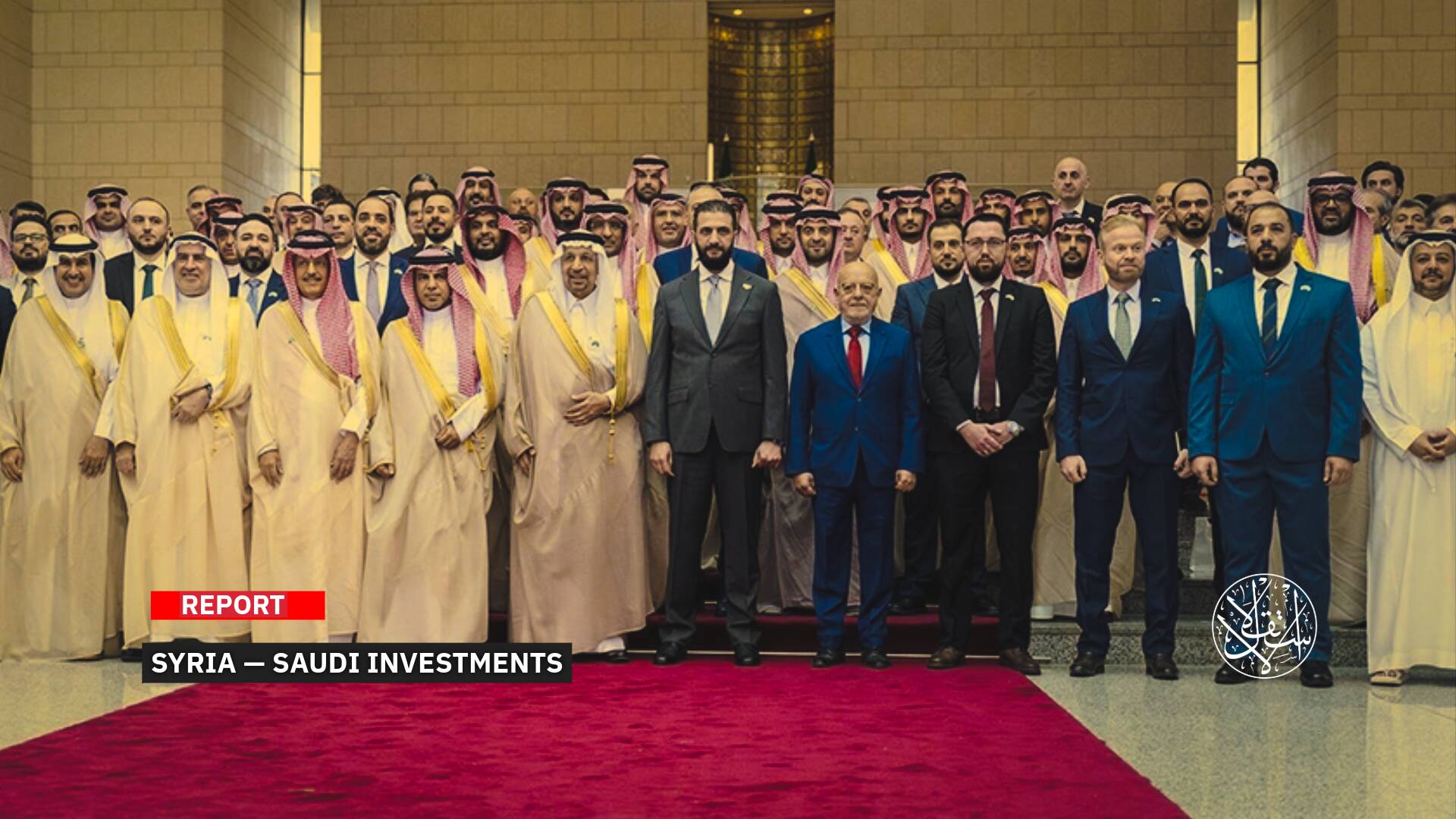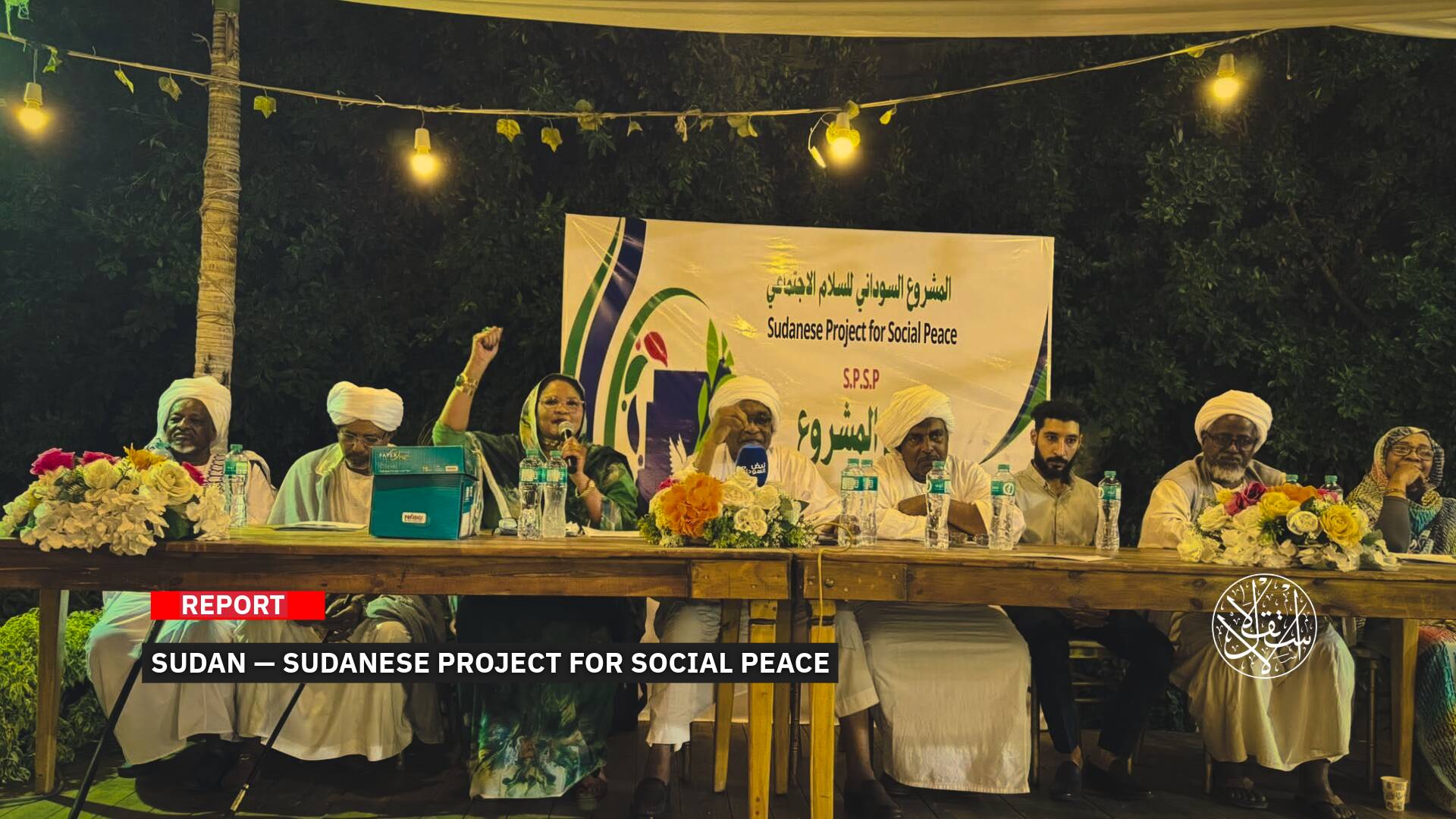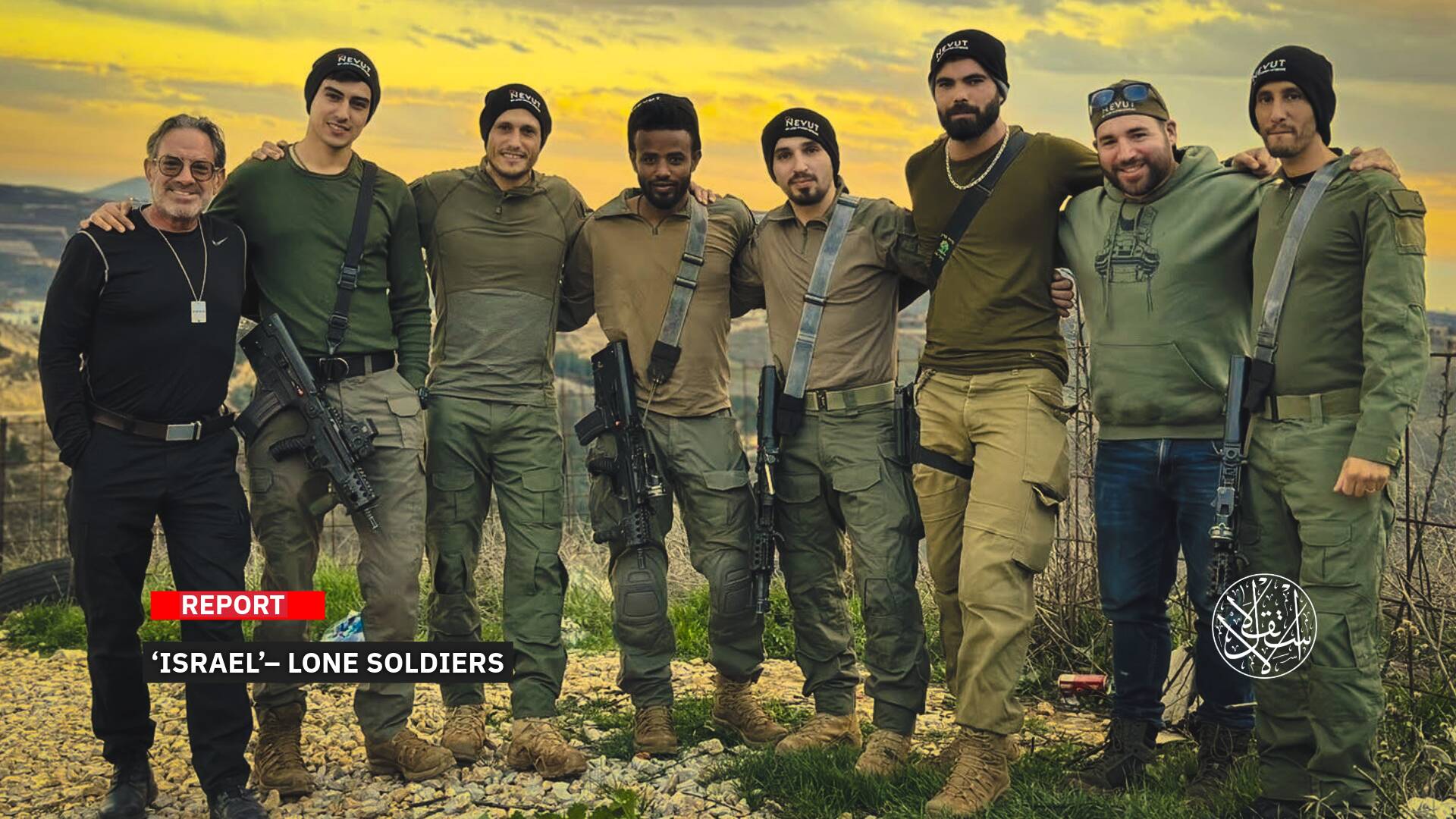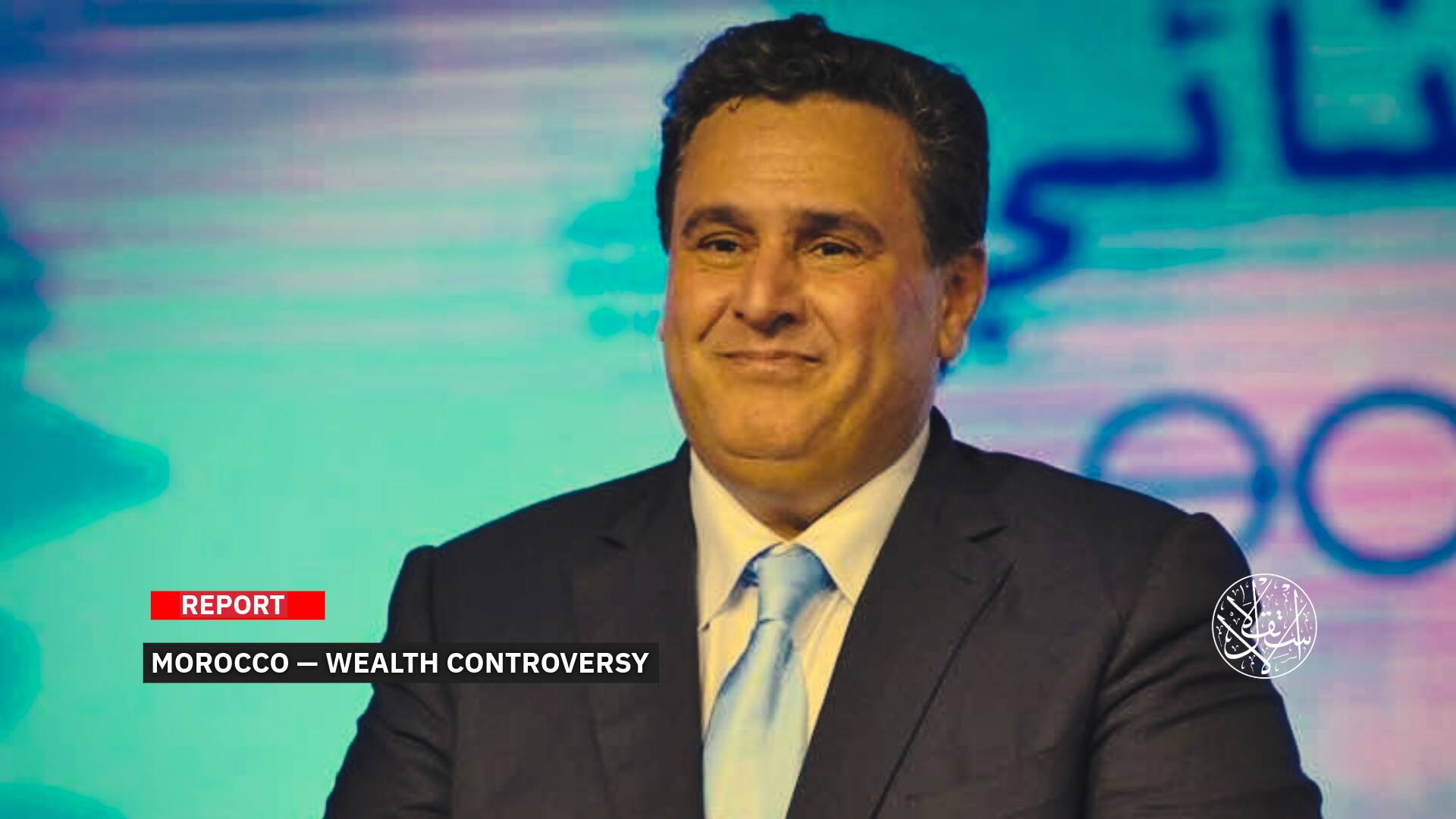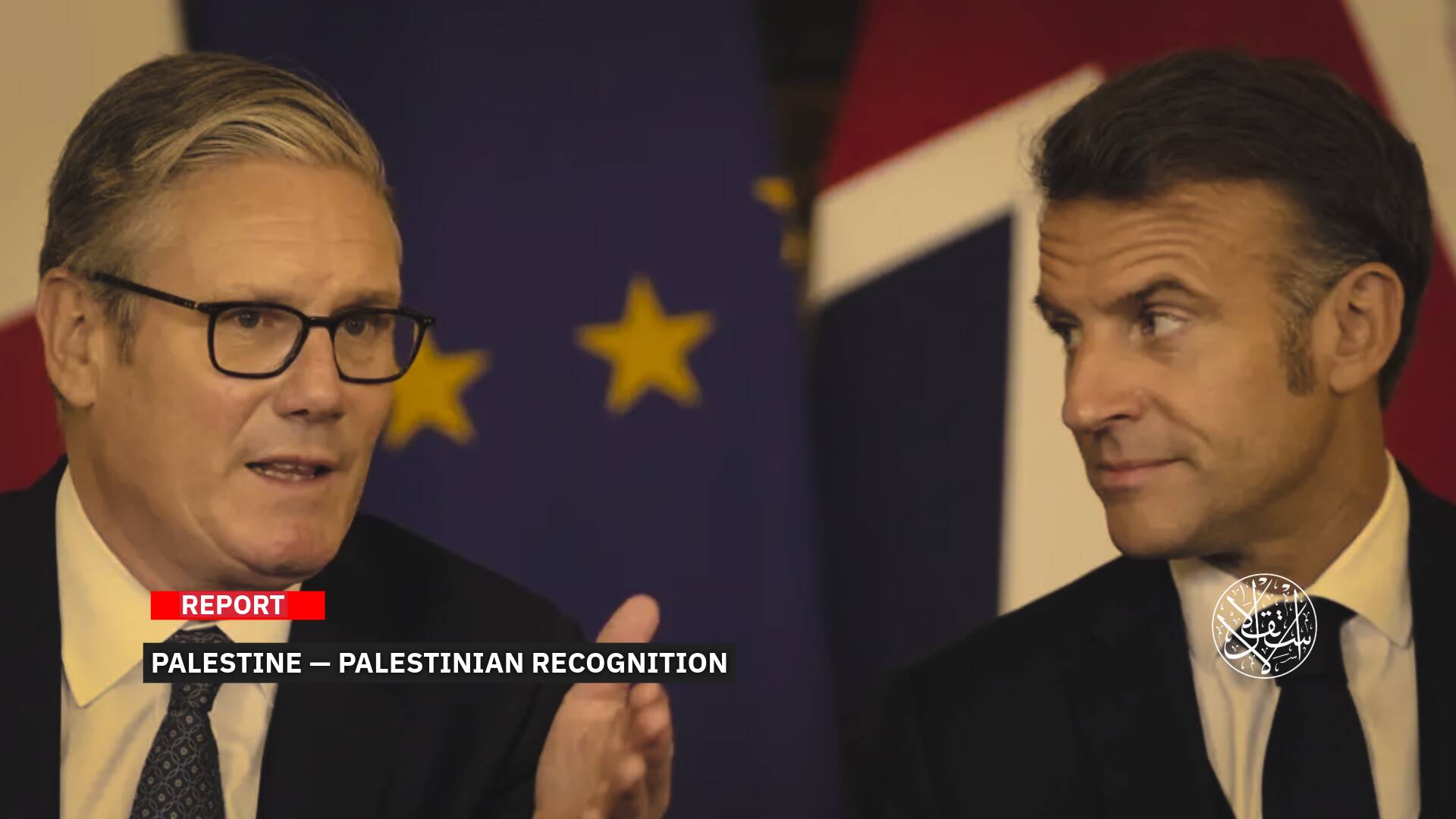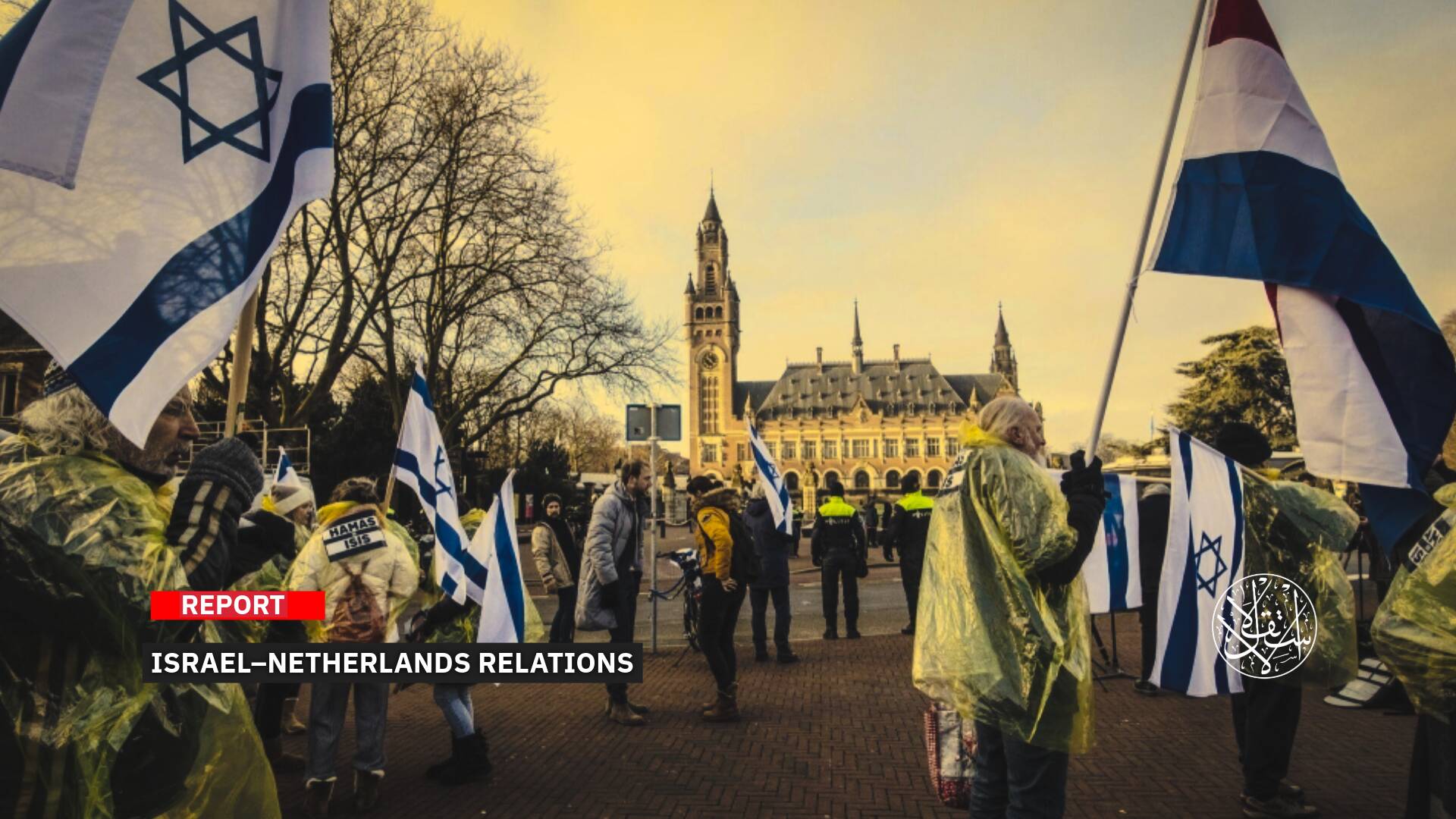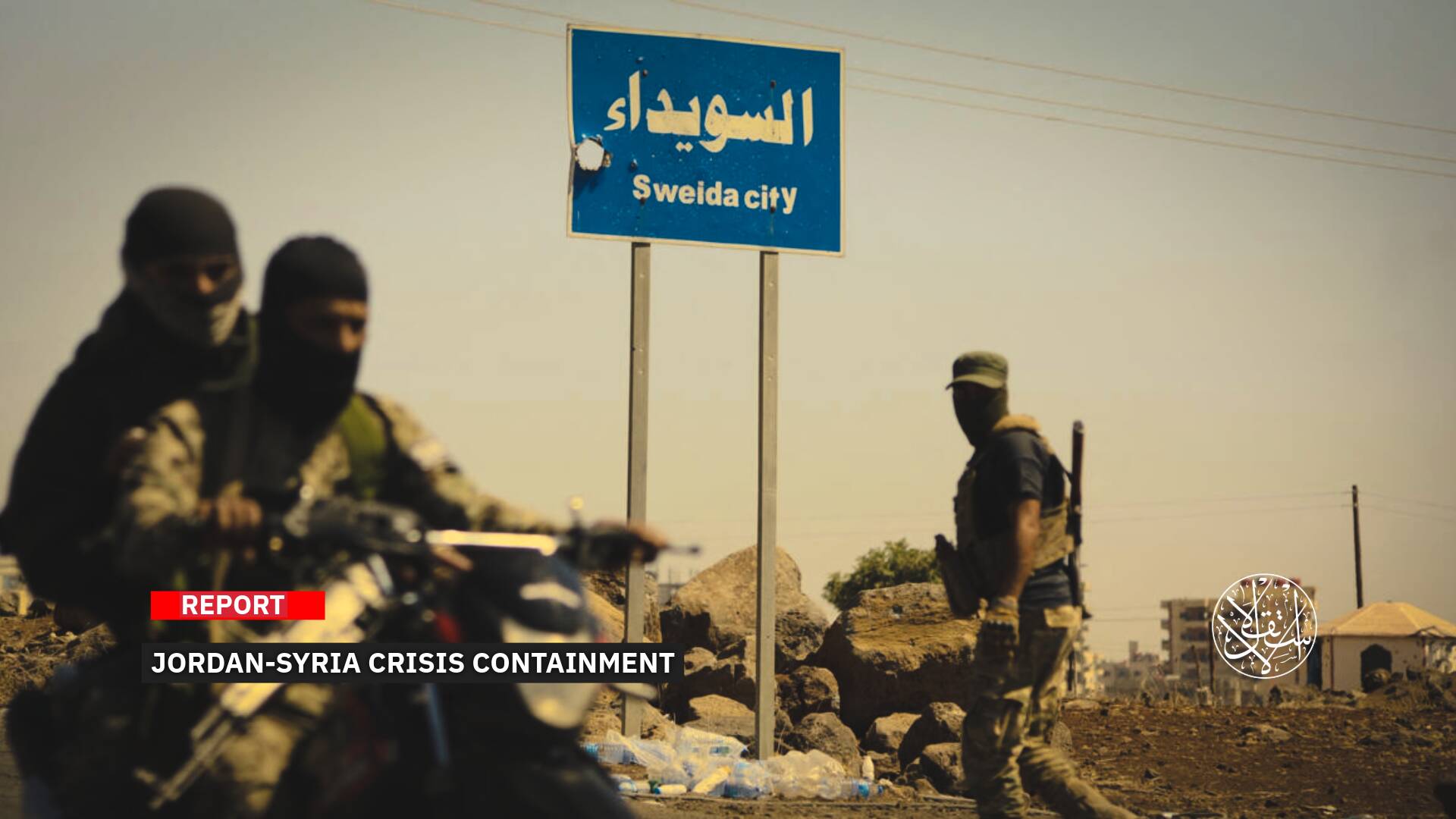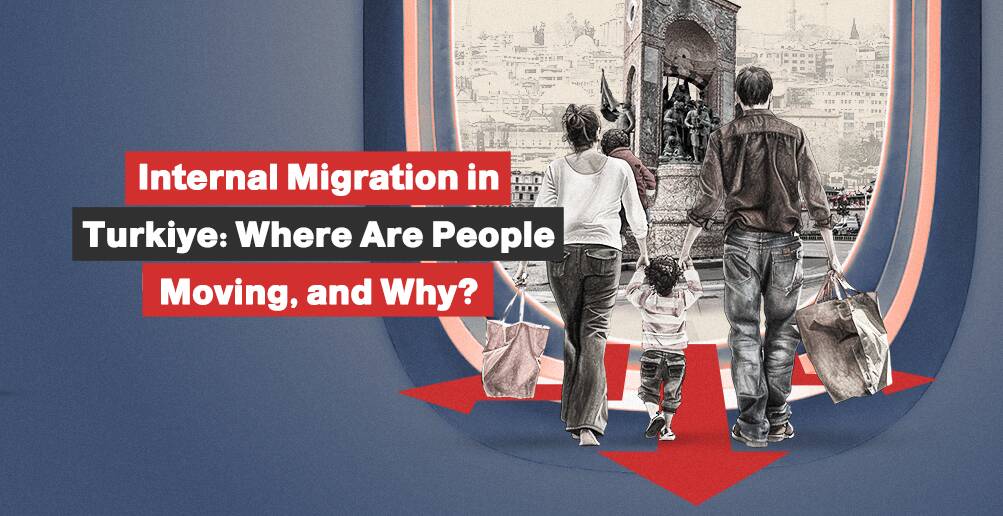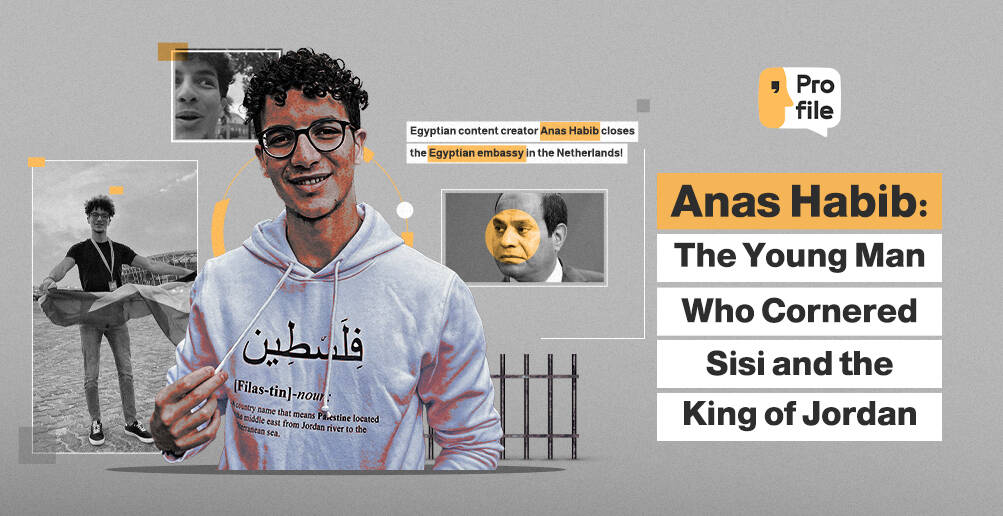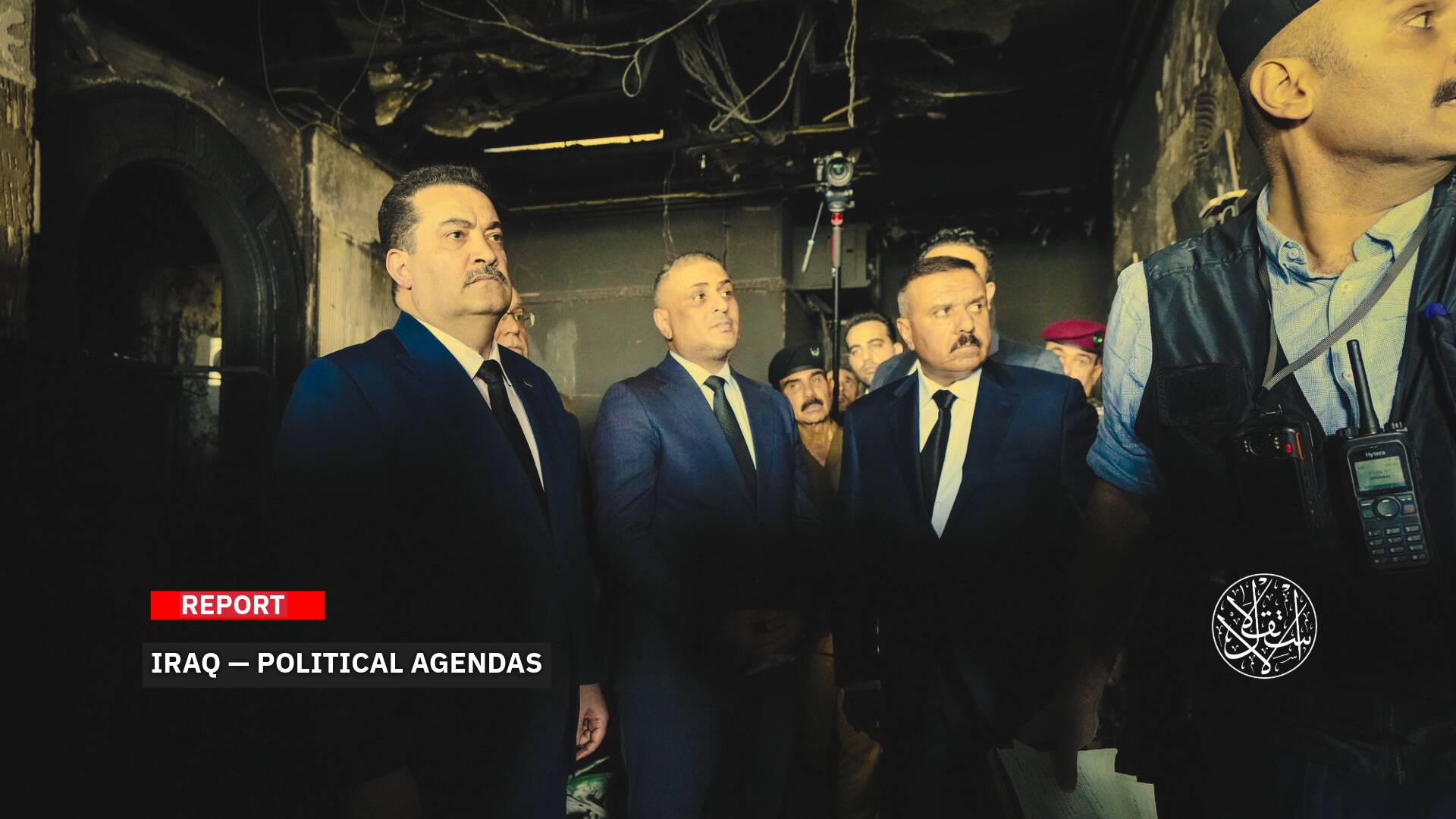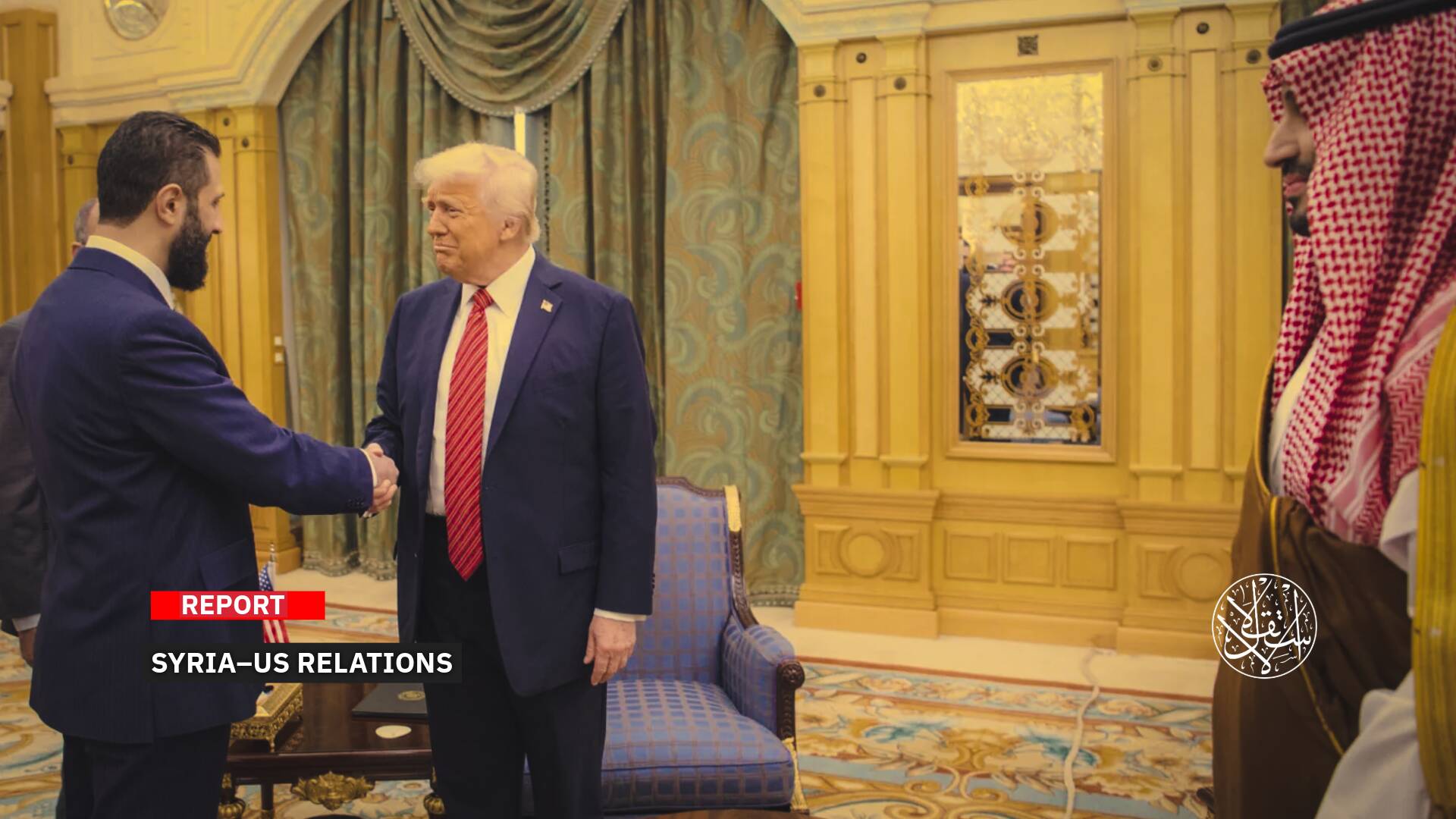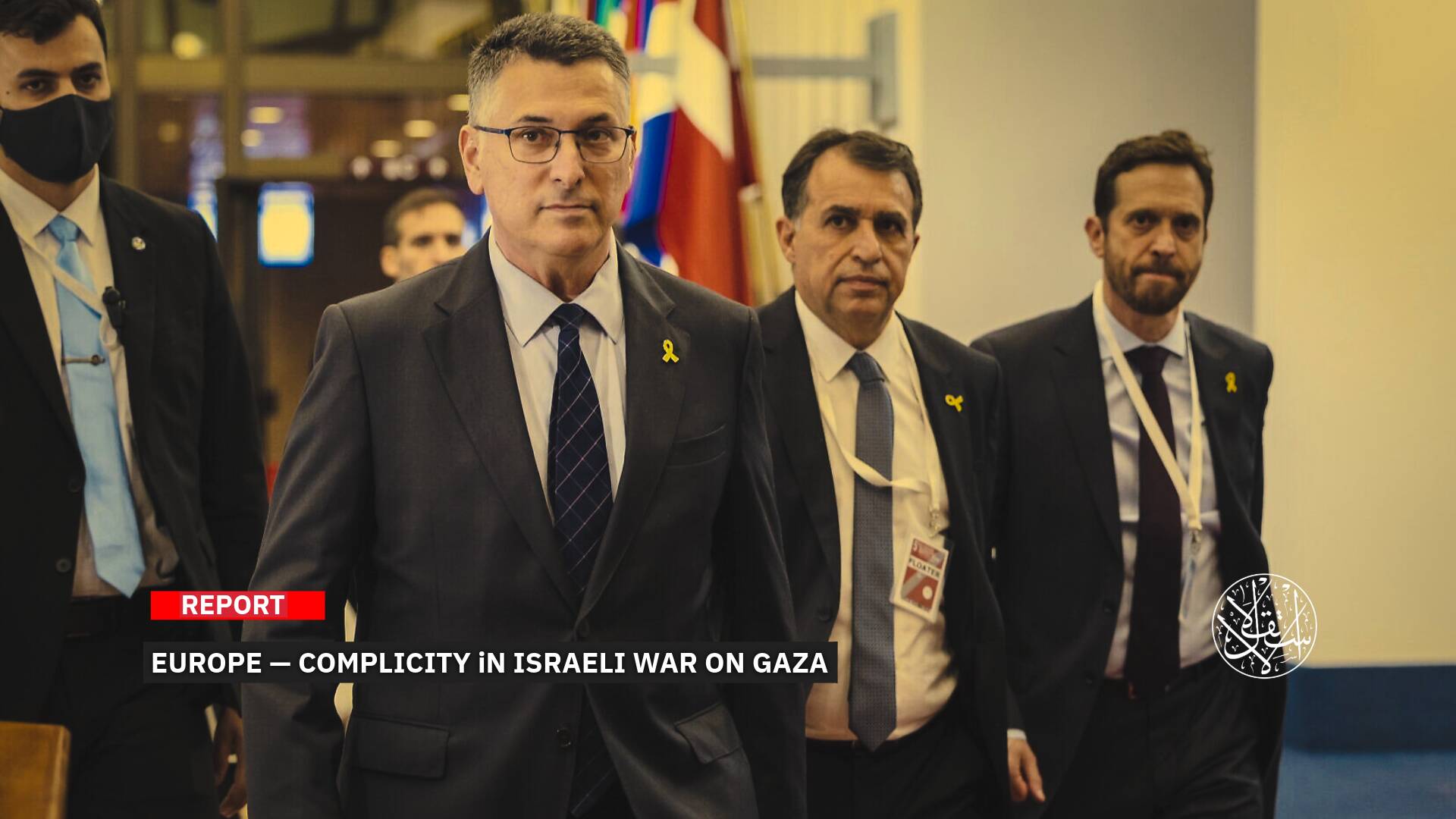U.S. Funding Freeze Further Weakens PA Security Forces Amid Growing Fragility

At a critical moment when it struggles to maintain control in the West Bank while vying for power in Gaza after the war, the Palestinian Authority has been dealt a major blow by the U.S. decision to halt funding for its security forces.
The administration of former President Donald Trump cut all financial support to PA security forces as part of a broader freeze on foreign aid, according to a Washington Post report on February 19, 2025, citing U.S. and Palestinian officials.
A former Israeli official, speaking anonymously due to the sensitivity of the issue, claimed that PA security forces under Mahmoud Abbas had "not been meaningfully affected" by the freeze, adding that "other donors have stepped in to cover the shortfall."
PA Funding Crisis
PA security forces have long struggled with funding shortages, which remain critical to their survival, especially as they face dwindling public support and Israeli restrictions on their operations.
Speaking to the newspaper, Palestinian security forces spokesperson Major General Anwar Rajab described the U.S. as “a key donor to PA projects”, particularly those involving security training.
The funding freeze has already led to cutbacks in certain training programs, according to a colonel at the PA’s Central Security Training Institute, who spoke on the condition of anonymity due to office protocol.
Rajab said a planned meeting with U.S. officials in February 2025 to assess the PA’s operation targeting militants in Jenin refugee camp was quietly shelved after Israeli Occupation Forces stormed the camp in January. The botched PA operation was abandoned, and the meeting was never rescheduled.
The colonel said that Washington was also funding the construction of a virtual shooting range—a necessity, he noted, as "Israel" refuses to allow the import of live ammunition for training exercises.

Despite the project nearing completion, the PA is now scrambling to find alternative funding sources following the U.S. freeze.
While Washington had cut off direct aid to the PA during Trump’s first term, it had continued funding security training and reform.
These programs were conducted through the Office of the Security Coordinator in Jerusalem—formerly known as the U.S. Security Coordinator for "Israel" and the Palestinian Authority—a joint initiative involving both countries.
The aid freeze comes amid widespread confusion over which programs the Trump administration is preserving and which are being scrapped.
U.S. officials have been reluctant to clarify which initiatives are exempt under the waivers issued by Secretary of State Marco Rubio, covering so-called "life-saving assistance", aid to "Israel," HIV prevention programs, and other priorities.
Even in cases where exemptions apply, many aid organizations have struggled to continue operations, as Rubio’s directives have effectively shut down the financial systems necessary to access funds.
The funding restrictions have also surfaced in unexpected ways.
“Palestinian security forces have been blocked from traveling to Jordan for SWAT training and advanced policing courses,” a U.S. official told Middle East Eye.
CIA PA Funding
Most U.S. aid to the Palestinian Authority (PA) does not come from the State Department but is instead funneled through the CIA.
For years, Washington has backed PA security forces, viewing them as essential to Israeli security.
The PA and "Israel " share intelligence, suppress Palestinian resistance, thwart attacks, and arrest fighters under what is known as "security coordination."
The full extent of U.S. funding for PA security forces is difficult to track, as much of it is secretly financed by the CIA, according to Tahani Mustafa, a senior analyst at the International Crisis Group.
"The support from the State and Defense Departments is only part of the picture," Mustafa told Middle East Eye on February 19, 2025.
"The real influence comes from CIA funding, which plays a decisive role in national security."
The most critical aspects of U.S.-PA relations operate in the shadows—managed not by diplomats or generals, but by intelligence officers.
This arrangement dates back to the Second Intifada (2000–2005), when the late Palestinian leader Yasser Arafat preferred to deal directly with then-CIA Director George Tenet.

In 2016 and 2017, Abbas’s Authority received $40 million in security aid funding from the FBI—a relatively small sum compared to the vast amounts the U.S. allocates elsewhere, according to Mustafa.
In 2024, the State Department reported that its Bureau of International Narcotics and Law Enforcement Affairs had provided nearly $1.1 billion in security and justice aid to Palestinian security forces since 2007.
The State Department and USAID later announced a freeze on all foreign aid, with “exemptions for critical programs aligned with the administration’s regional priorities,” notably excluding Israel and Egypt from the decision.
Unlike the Trump administration, former President Joe Biden supported proposals for the Palestinian Authority to take a leading role in post-war Gaza—a move strongly opposed by "Israel."
“The Palestinian Authority is struggling to rein in a new generation of militancy concentrated in northern refugee camps,” The Washington Post reported, “drawing strength from widespread frustration with an aging leadership under Mahmoud Abbas, now 89.”
Futile Efforts
The U.S. move against the Palestinian Authority came despite its recent attempts to prove its worth and gain favor with both Washington, "Tel Aviv," and "Israel," amid ongoing debates over its role in the West Bank and Gaza.
In early December 2024, the PA launched its most aggressive armed operation in three decades, targeting resistance factions in Jenin, northern West Bank—an effort to demonstrate its ability to maintain security in the limited areas under its control while positioning itself as Gaza’s future ruler post-ceasefire.
The crackdown was an unusual move for the Western-backed yet increasingly sidelined authority—shunned by the U.S. and dismissed by "Israel" as a serious player in the West Bank and Gaza.
But the campaign, ultimately left unfinished as Israeli Occupation Forces stepped in to complete the mission, came just before Donald Trump’s return to the White House—an apparent last-ditch attempt by the PA to secure its standing with the incoming administration.

Israeli Prime Minister Benjamin Netanyahu has ruled out any role for the Palestinian Authority in post-war Gaza, as key figures in his far-right coalition push for the annexation of part—or all—of the occupied Palestinian territories.
Since the war on Gaza began, Netanyahu’s government has sought to link Operation al-Aqsa Flood to the Palestinian Authority, insisting Hamas is "no different in practicing terrorism" and will have no place in the enclave’s future once "the mission is complete."
In response, the PA has scrambled on multiple fronts—attempting to consolidate its fractured Fatah leadership, forming a new government in the West Bank to signal reform, and negotiating with Hamas to sideline it from Gaza’s administration—all with little tangible success.
In a move seen as an effort to court favor with the Trump administration, PA President Mahmoud Abbas issued a decree on February 10, 2025, halting salary payments to the families of Palestinian prisoners held by "Israel" and relatives of those killed while carrying out attacks.
Local analysts suggest the decision was aimed at improving ties with Washington, which, alongside "Tel Aviv," has accused the PA of "rewarding violence against Israel" through financial support to prisoners and martyrs’ families.
A week later, Abbas dismissed Qadoura Fares, head of the Palestinian Authority’s Prisoners' Affairs Commission, after he publicly opposed the decree.
Political analyst Ibrahim al-Madhoun told Al-Estiklal, "The PA’s efforts to appease the occupation will only embolden it, accelerating annexation plans for the West Bank."
The PA’s security forces remain one of the last remnants of the 1993 Oslo Accords, which once envisioned a Palestinian state in the West Bank, Gaza, and East Jerusalem—an outcome "Israel" has since systematically dismantled.
Over the decades, "Israel" has expanded its grip on the West Bank, steadily eroding the PA’s jurisdiction.
The U.S. and EU have poured billions into training and restructuring Palestinian security forces, particularly after Hamas seized control of Gaza in 2007.
Yet, these forces remain chronically underfunded, ill-equipped to assume responsibility in the West Bank or Gaza after the war, and widely unpopular among Palestinians—while "Israel" continues to reject any expansion of their role, branding them as a security threat.
Growing Fragility
During his first term, Donald Trump froze all U.S. aid to the Palestinian Authority in 2018—except for funding its security forces, ensuring "Israel’s" continued safety.
Now, the latest move signals a shift, with Washington no longer concerned about keeping security funding flowing, as "Israel" hardens its stance against the PA in the wake of Operation Al-Aqsa Flood.
It also comes amid growing calls from Israeli officials urging Trump to endorse the annexation of the West Bank, while he pushes forward a plan to expel Gaza’s population.
The funding freeze further weakens Palestinian security forces, which have long acted as an auxiliary arm for Israeli operations, frequently competing with occupation forces in arresting resistance members—often detaining the same individuals repeatedly in what is known as the "revolving door" policy.
A former senior U.S. official once described Washington’s financial support for PA security forces as "first and foremost, a jobs program," Middle East Eye reported.
For years, the PA has requested heavy military equipment from the U.S., but Washington has only supplied light weapons—subject to "Israel’s" approval.
The U.S. has previously assured "Israel" that any weapons provided to Palestinian forces are non-lethal and pose no threat to its security, undergoing strict inspections before distribution.
In one example, "Israel" reluctantly approved a shipment of bulletproof vests to Palestinian security forces in August 2008, but only after rejecting their request for heavier armor.
At the time, Reuters reported, "Reflecting broader trust issues between Israel and the Palestinians, the approval came on the condition that Abbas’s men receive bulletproof vests instead of the heavier armor requested by Palestinian officials and some American advisors."
"Israel" fears that if protective gear were to fall into the hands of resistance fighters, it could provide them with greater defense against Israeli firepower.
Unlike heavy armor, bulletproof vests offer minimal protection—yet even these are viewed by Israeli officials as a potential threat, as they might embolden fighters to engage in more direct confrontations, increasing risks for occupation soldiers.

"Israel" remains adamant about keeping Palestinian Authority security forces vulnerable, unwilling to fully trust them, according to political science professor Abdul Sattar Qasem.
"They want Palestinian security centers to be exposed, easy to strike with tanks should 'Israel' ever feel threatened," Qasem wrote in a 2009 article.
While these security compounds are fortified against individual infiltrators, they are utterly incapable of withstanding an Israeli military war, even for a brief period.
PA forces also face severe restrictions on movement, regularly subjected to Israeli army harassment—even while on official duty. In many cases, they require permission just to enter certain areas.
When "Israel" decides to move into a location where PA security personnel are stationed, they are ordered to evacuate—vanishing with their weapons at the first command.
In this context, the real value of Washington’s frozen security funding lies in covering training costs and paying salaries—not in equipping forces to defend themselves.
Observers doubt the U.S. freeze will disrupt security coordination between "Israel" and the PA, whose forces have been funded and trained for years to serve Israeli interests—often at the expense of their own people.


